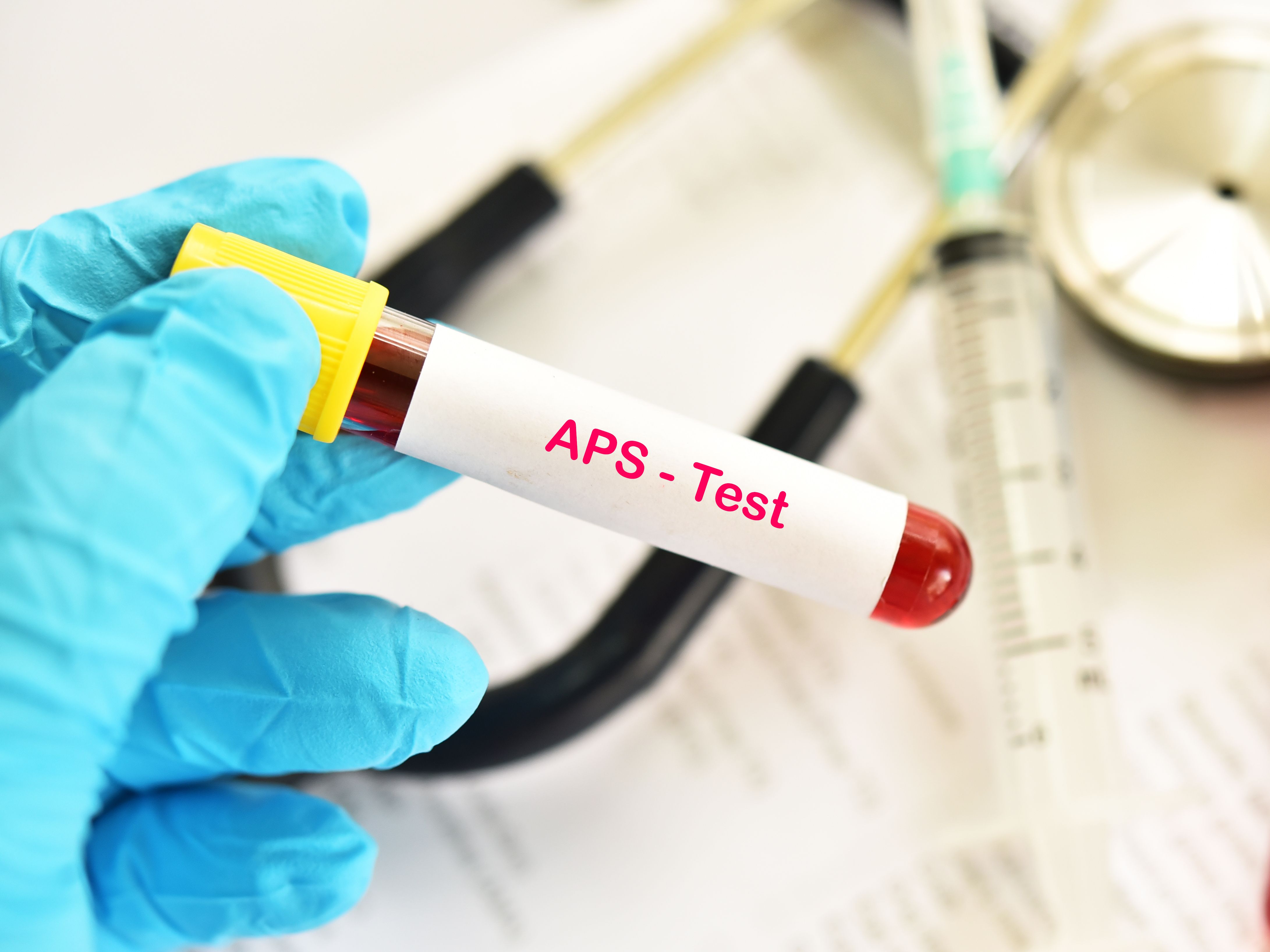
[ad_1]
In pediatric sufferers, an preliminary high-risk antibody profile for antiphospholipid syndrome (APS) remained excessive, which ends up in a threat of significant well being issues, in accordance with outcomes present in a research carried out by the Hospital for Special Surgery (HSS) and introduced on the American College of Rheumatology Convergence 2023 annual assembly in November.
Image credit score: Jarun011 | inventory.adobe.com

APS is a uncommon autoimmune dysfunction by which antiphospholipid antibodies (aPL) assault proteins that bind the phospholipid cell partitions of blood cells. The cells are situated on the inside layer of the arteries and veins. Researchers famous that the dysfunction aids the rising threat of blood clots inside blood vessels, strokes, coronary heart assaults, and issues throughout being pregnant.
“There are a lot of unanswered questions about how APS affects pediatric patients since evidence to date has been very limited,” Jheel Pandya, MD, a pediatric rheumatology fellow at HSS and lead creator of the analysis, mentioned in a press launch. “Our study reveals that an initial high-risk antiphospholipid antibody profile is unlikely to be transient in pediatric patients, indicating their risk of serious health problems remains elevated and they should be followed carefully.”
Individuals who introduced signs of APS have been administered 3 laboratory exams by a rheumatologist to guage the existence of aPL. The exams included a lupus anticoagulant (LA), anticardiolipin antibody (aCL) and anti-beta-2-glycoprotein-1 antibody (aβ2GPI).
The research authors assessed digital medical data for aPL-positive people aged 10 to 18 years who obtained therapy at HSS in 2016 to 2022.
The people with initially constructive outcomes have been positioned into excessive and low-risk teams. The high-risk group included people with a constructive LA take a look at and/or greater stage aCL and aβ2GPI antibodies. The low-risk group included people with a unfavorable LA take a look at and/or decrease ranges of an aCL and aβ2GPI antibodies, in accordance with the research authors.
The research authors famous that they evaluated subsequent aPL outcomes, in addition to demographic and scientific traits amongst people that displayed persistently constructive aPL outcomes, 12 weeks aside.
The outcomes discovered that 93% of people within the high-risk group introduced endured aPL, in comparison with 47% of people within the lower-risk group.
“The more we can learn about differences in APS development and progression in pediatric patients compared with adults, the more we can optimize their diagnosis and treatment,” mentioned coauthor Karen Brandt Onel, MD, chief of Pediatric Rheumatology at HSS. “This study underscores the importance of continuing to follow pediatric patients with higher-risk profiles and transitioning them to adult care after the age of 18.”
The research authors famous that additional outcomes discovered that 32 people in both group remained aPL-positive over time. Among people who remained constructive within the high-risk group, 28% of people skilled blood clots. Individuals within the lower-risk group didn’t show blood clots, nevertheless, 1 particular person reported a pores and skin rash and a pair of people reported migraines.
“Our results highlight the need for a large-scale, international effort to better understand how APS affects pediatric patients,” mentioned senior creator Doruk Erkan, MD, MPH, a physician-scientist on the Barbara Volker Center for Women and Rheumatic Diseases, attending rheumatologist at HSS and professor of drugs at Weill Cornell Medicine. “An international effort has been initiated to pool pediatric APS data and ultimately guide the development of classification criteria for pediatric patients.”
Reference
A high-risk antiphospholipid antibody profile issues in pediatric sufferers with antiphospholipid syndrome. EurekAlert!. News launch. November 12, 2023. Accessed December 11, 2023. https://www.eurekalert.org/news-releases/1007667.
[adinserter block=”4″]
[ad_2]
Source link